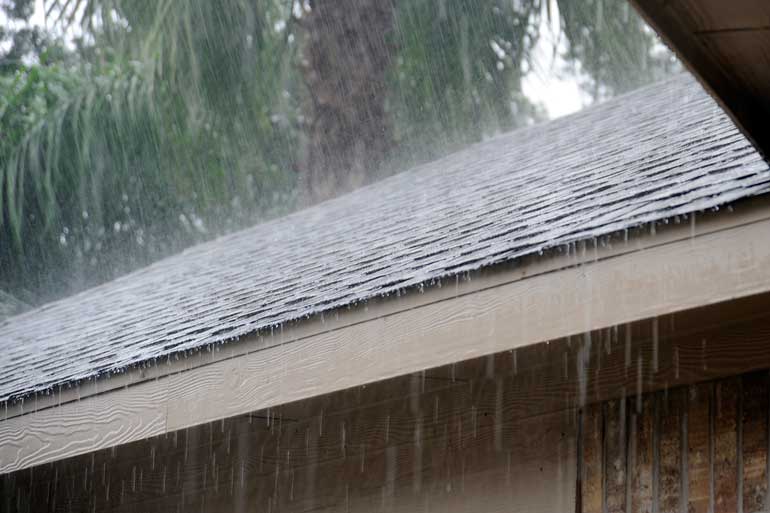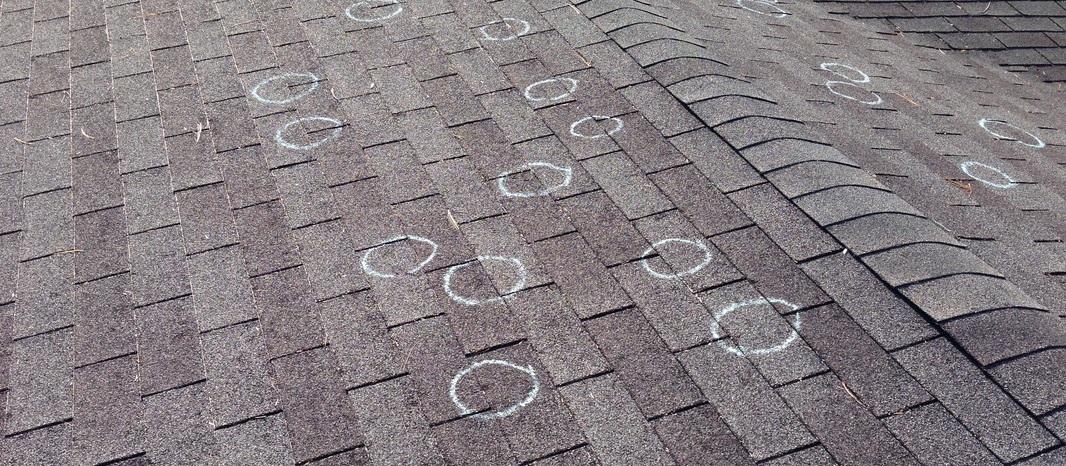Did you know that October is National Fire Prevention Month? The goal is to raise awareness about fire safety, so check out this list of the most common causes of house fires and how YOU can prepare your home and family in case of an emergency.
SMOKING (AND ALCOHOL)
Smoking in your home is the No. 1 cause of fire related deaths, and alcohol impairment is involved in 25% of these!
What can I do? Don’t smoke in bed or when you are tired. Also don’t smoke in your home while intoxicated. Don’t become a statistic – consume alcohol responsibly and avoid smoking in your home altogether.
COOKING
Fires from cooking are another leading cause of home fires. Most frequently, these fires involve the stove/oven.
What can I do? Never leave a stove unattended. Always keep a working fire extinguisher in your kitchen. Remove all flammable objects (such as paper towels, oven mitts, and packaging) from around your cooking area. Use a timer to help remind you when you’re cooking.
HEATING
Heating equipment, such as a space heater, is the second leading cause of house fire deaths. Additionally, unmaintained furnaces and chimneys are two more causes of house fires that are equally dangerous and can be easily prevented.
What can I do? When using space heaters, keep them a safe distance from furniture, clothing and appliances. Get your chimney professionally cleaned and inspected each year. Also get your furnace inspected annually.
LIGHTING AND ELECTRICAL EQUIPMENT
Faulty outlets are the No. 1 cause of electrical fires, however there are many things to watch for to prevent a house fire caused by lighting or electrical equipment.
What can I do? For electrical projects, be sure to hire a professional electrician to ensure proper installation. Don’t use lightbulbs higher than the recommended wattage. Don’t overload plugs or extension cords. Replace frayed or damaged cords for all electrical appliances.
CANDLES
Candles may be romantic, calming, and smell nice, but they cause about 5% of all house fires.
What can I do? Never leave candles burning unattended. Blow them out before leaving the room or going to bed. Always place candles on sturdy surfaces and away from flammable objects. Keep candles out of reach of children or pets that could easily bump them.
Other steps you can take:
- Test your fire alarms, including changing batteries and replacing expired alarms.
- Prepare an escape plan with everyone in your household.
- Clean or replace your furnace filter and dryer vent hose bi-annually.






